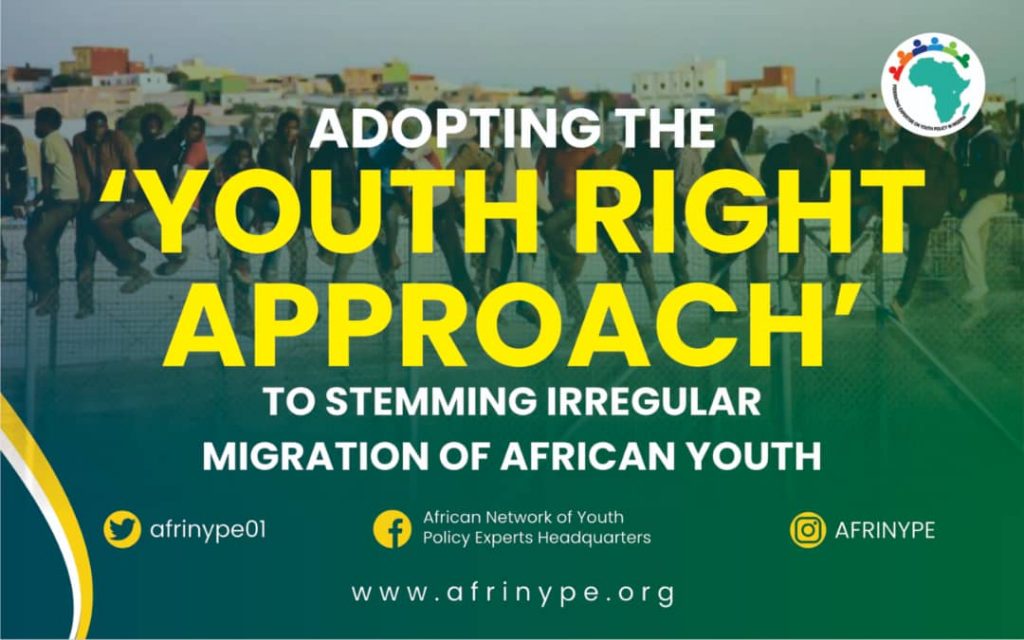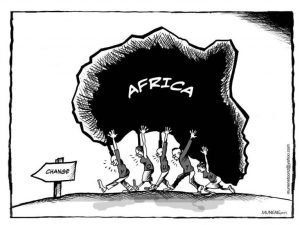Often, the problem of irregular migration is considered to have gone far beyond organized preventive advocacy, but more of institutional responsibilities to addressing the root causes traced to poverty, unemployment and lack of enabling atmosphere for youths to thrive competitively.
The state actors across Africa need to start respecting their pledges and commitments in respect to regional or global declarations on matters concerning the youth. Prominent among such declarations are the World Programme of Action for Youth (WPAY), the African Youth Charter and National Youth Policies.
Also, African leaders need to allow efforts of international communities to support Africa come out of her migration related challenges. One of such efforts is the European Union Emergency Trust Fund for stability and addressing root causes of irregular migration and displaced persons in Africa (EUTF for Africa), which was part of the outcome of Valletta Summit on Migration of 2015 held in Malta, among others.
But beyond aids and supports like the EUTF, AFRINYPE is stepping up its advocacy to an ‘acceptable agitation’ as a network of the youth concerned about pushing youth policy implementation, and by extension, making demands from the state actors on policy pronouncements bordering on youth development.
Internal resolve will help better at solving problems emanating from within the African continent, and that is why AFRINYPE is committed to internal pursuit, reinforcing policy engagement with state actors, focusing on rights of the concerned (the youth) to demand for what they are entitled to as citizens. AFRINYPE’s engagement with state actors focuses on ‘rights’ to demand for solutions to the root cause of irregular migrations and desperate journeys being embarked on by African youths.
Migration issue has become so critical to Africa’s growth, hence advocacy on migration needs to shift from ‘mere asking’ to ‘making definite demands’ and holding leadership responsible. The “signature frenzy” era needs to come to an end. Counting signature ceremonies, we will be lost; but checking fact files for implementation and commitments afterwards, we will experience disappointment considering enormous resources going down the drain for the signature frenzy.
Now is the time to take definite resolve at ensuring Africa graduates from “signature frenzy” to acting and implementing outcomes of global sittings, knowing well that the youth have rights to demand for enabling atmosphere and solutions to needs forcing them to embrace irregular and illegal migration even across dangerous routes.
Abiola Hamid
Lagos, Nigeria





